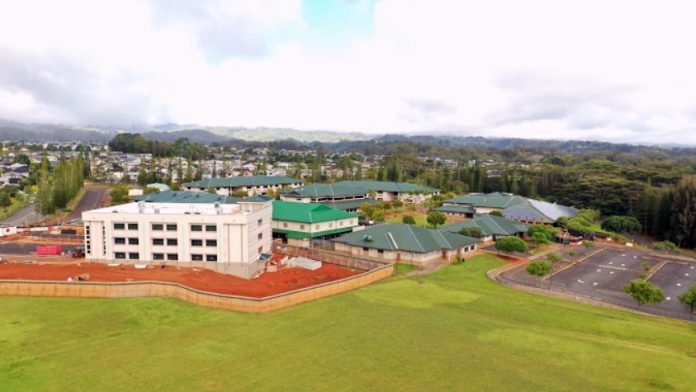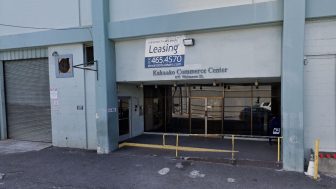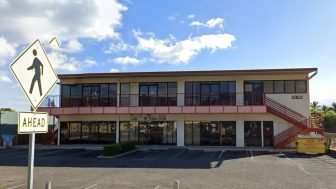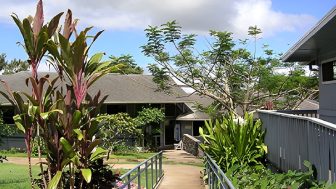Mililani Middle School
95-1140 Lehiwa Drive
Mililani, HI 96789
Mililani, Hawaii
808-627-9000
Get Help Now - 808-731-8892
 Who Answers?
Who Answers?

Addiction Treatment Programs
Alcoholism
Cognitive Behavioral Therapy (CBT)
Drug Rehab
Men's Rehab
Opioid Treatment
Women's Rehab
Teen & Adolescent Program
Alcoholism
Remission from alcohol use disorder is achieved through effective alcohol rehab in Hawaii. Participants learn how to cease heavy drinking and develop healthy lifestyle habits that lead to long-term sobriety.Cognitive Behavioral Therapy (CBT)
Cognitive behavioral therapy in Hawaii teaches people positive behaviors to replace alcohol and drug use. They learn better ways to cope with negative thoughts and emotions and challenging situations.Drug Rehab
Drug rehab in Hawaii is for individuals suffering from substance use disorders. Treatment addresses the many issues involved with addiction, typically through a combination of medical and psychotherapy treatments.Men's Rehab
Men’s rehab in Hawaii often reduces the risk of relapse and increases treatment completion rates by giving men the opportunity to create bonds with other men who have similar challenges. They feel comfortable sharing their struggles, and continue the supportive relationships after treatment.Opioid Treatment
Opioid rehab in Hawaii helps people recover from opioid use disorders and improve their lives. Treatment teaches participants new skills to end opioid dependence and prevent relapse. Methods include detox, inpatient, and outpatient treatment.Women's Rehab
Because women often abuse substances for different reasons than men, women’s rehab in Hawaii provides treatment that is targeted for women. Programs focus on specific trauma, stigma, bias, and gender-role issues that can affect substance use disorders among women.Teen & Adolescent Program
A young adult program in Hawaii is important for addressing the needs of this stage of life. Young adults face different challenges and have different motivations for using substances than older adults, and a young adult rehab program addresses these unique needs.Levels of Care
1
Outpatient Rehab
During outpatient rehab in Hawaii, you will have more freedom and less oversight than with inpatient treatment.... The goals will be to stay clean, demonstrate the ability to act responsibly, and show continual progress toward recovery. This will include attending therapy and support group sessions.Read More
2
Aftercare & Alumni Program
Aftercare rehab in Hawaii typically lasts for a year after your initial treatment. This program provides ongoi...ng support to maintain sober living. Support may include budgeting assistance, career guidance, and continued counseling, as well as 12-step meetings.Read More
3
Dual Diagnosis & Mental Health
Often, substance abuse and mental health disorders are intricately linked. For successful recovery, Hawaii dua...l diagnosis treatment is necessary. This integrated approach provides crucial tools for improving both conditions and putting you on the path to recovery.Read More
Insurance
 Financial Aid
Financial Aid
Financial Aid may be available to those in Hawaii who need help paying for addiction treatment. Types of finan...cial assistance include grants, scholarships, non-profit programs, personal funding, and health insurance programs to help you manage the expense of substance abuse treatment.Read More
 Free Rehab
Free Rehab
Most states offer free alcohol and drug rehabs through public mental health and addiction treatment centers. T...hese centers often provide detox, intensive outpatient programs (IOPs), residential treatment, partial hospitalization programs (PHPs), and support groups. You must meet certain requirements in order to qualify for free alcohol and drug rehabs, such as lack of income and insurance.Read More
Contact Mililani Middle School




